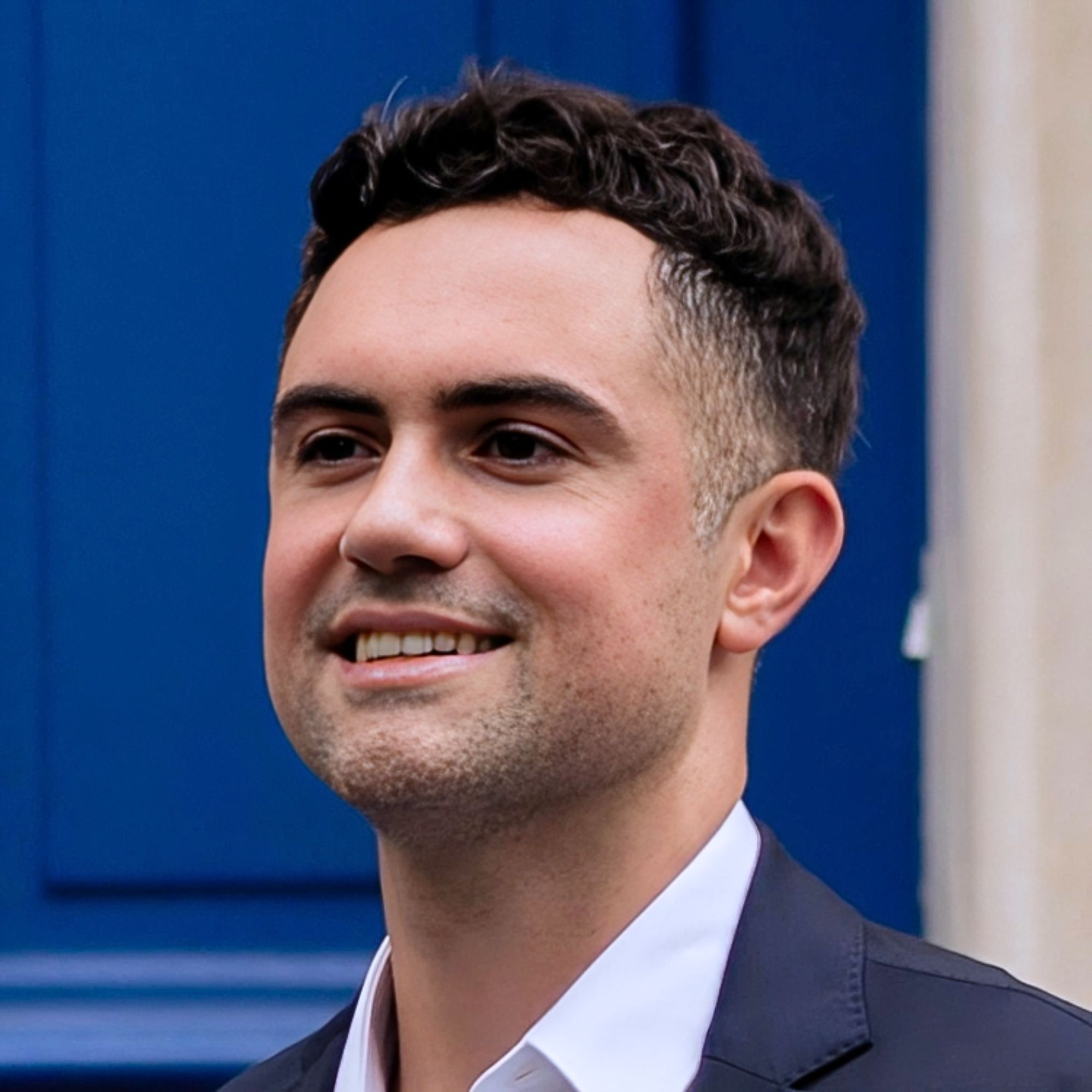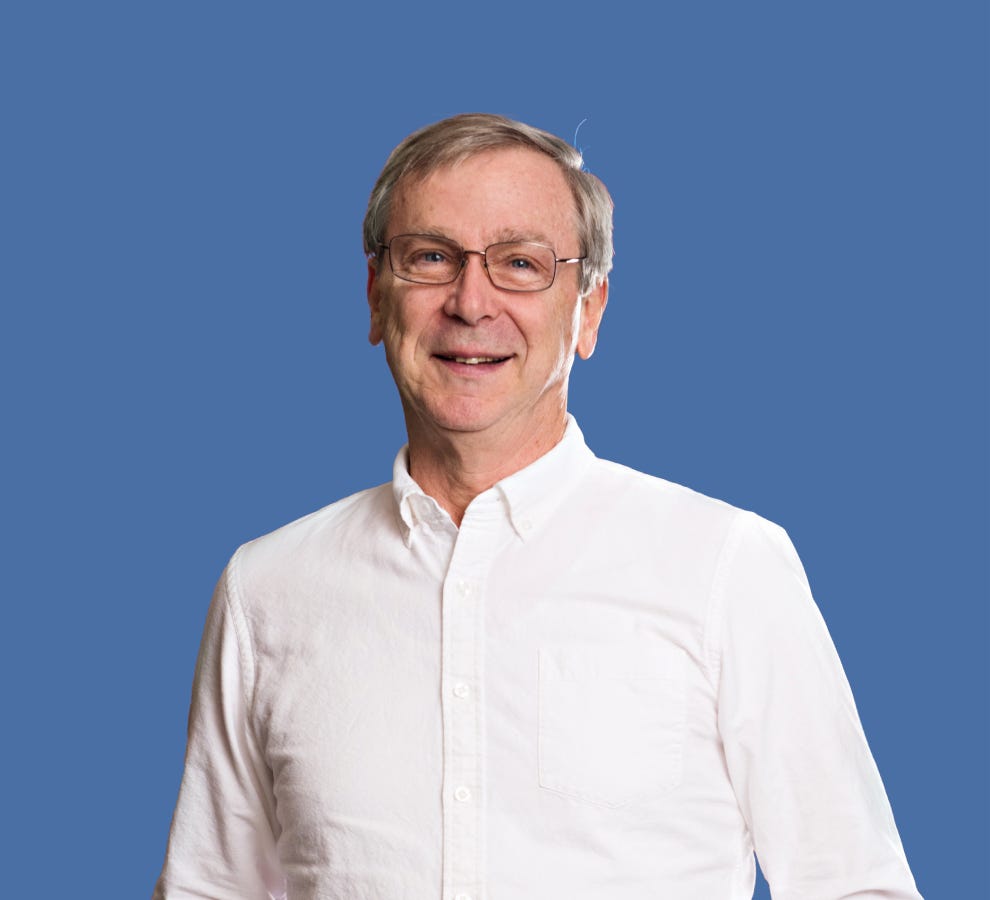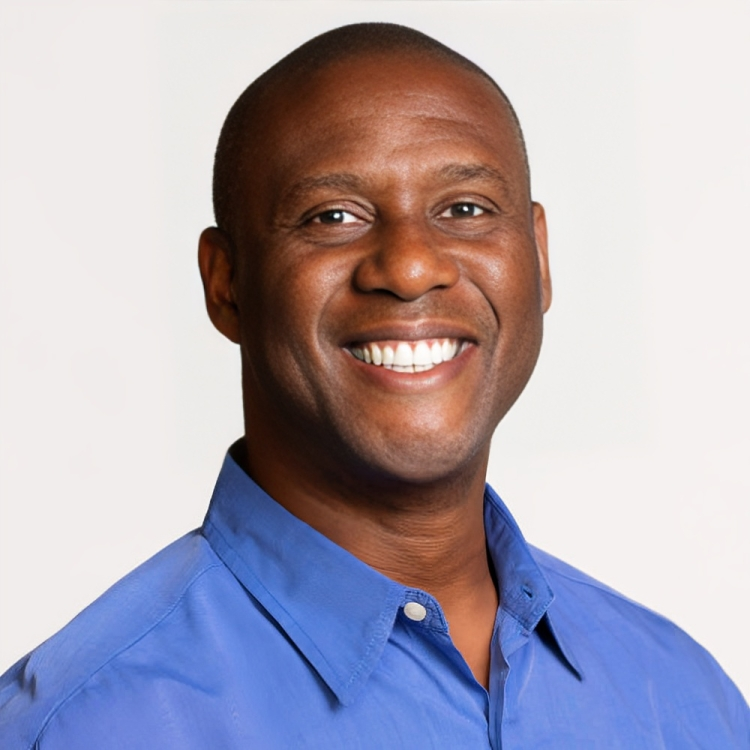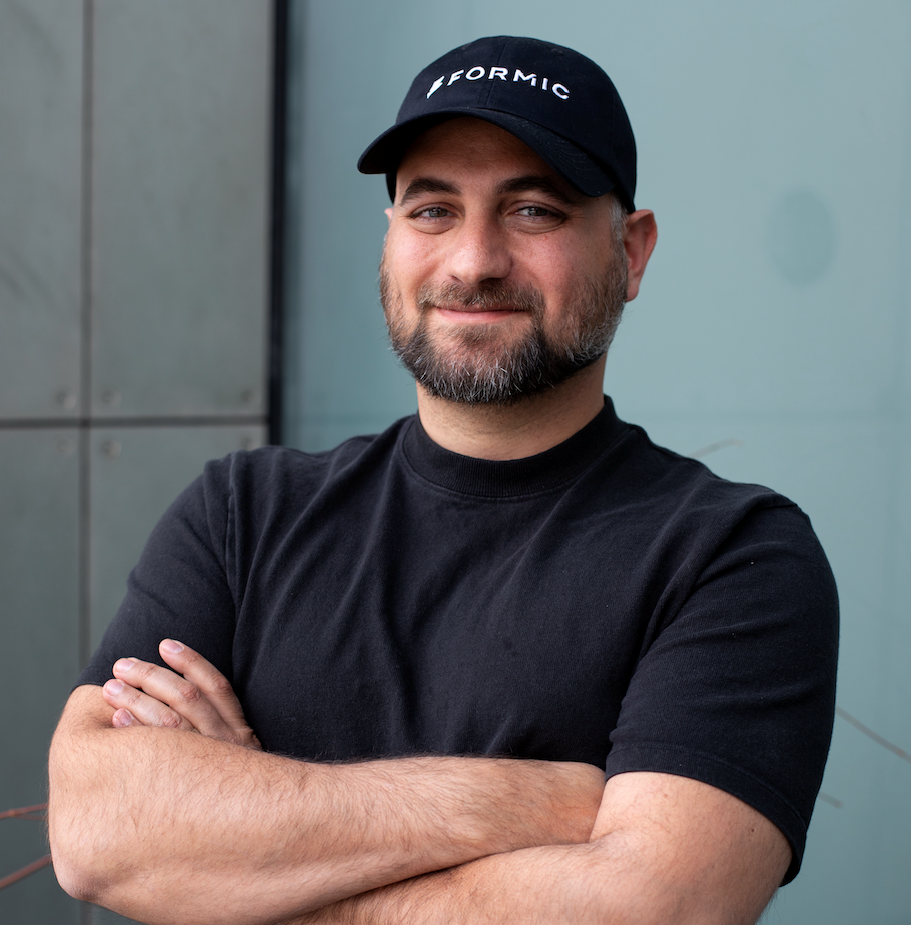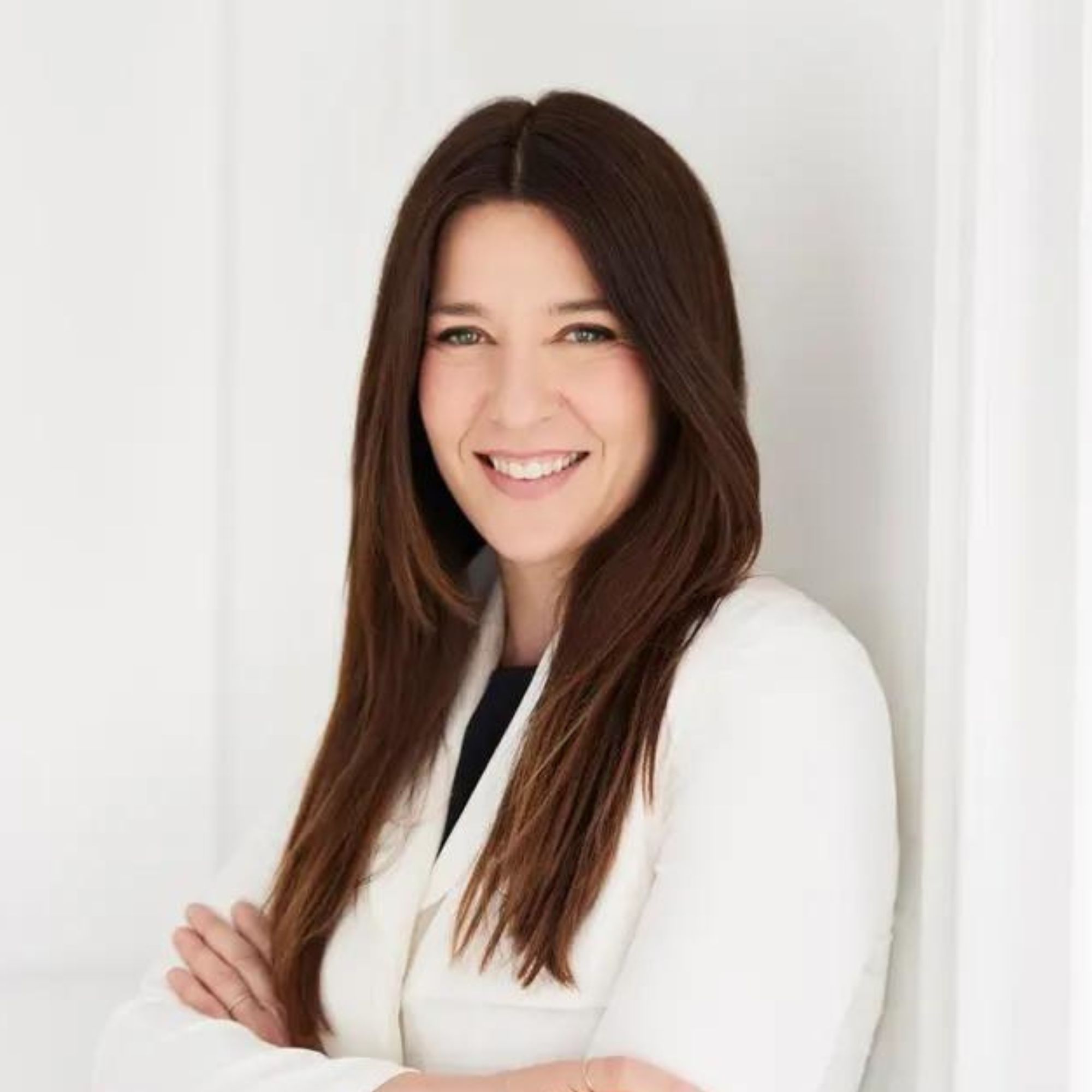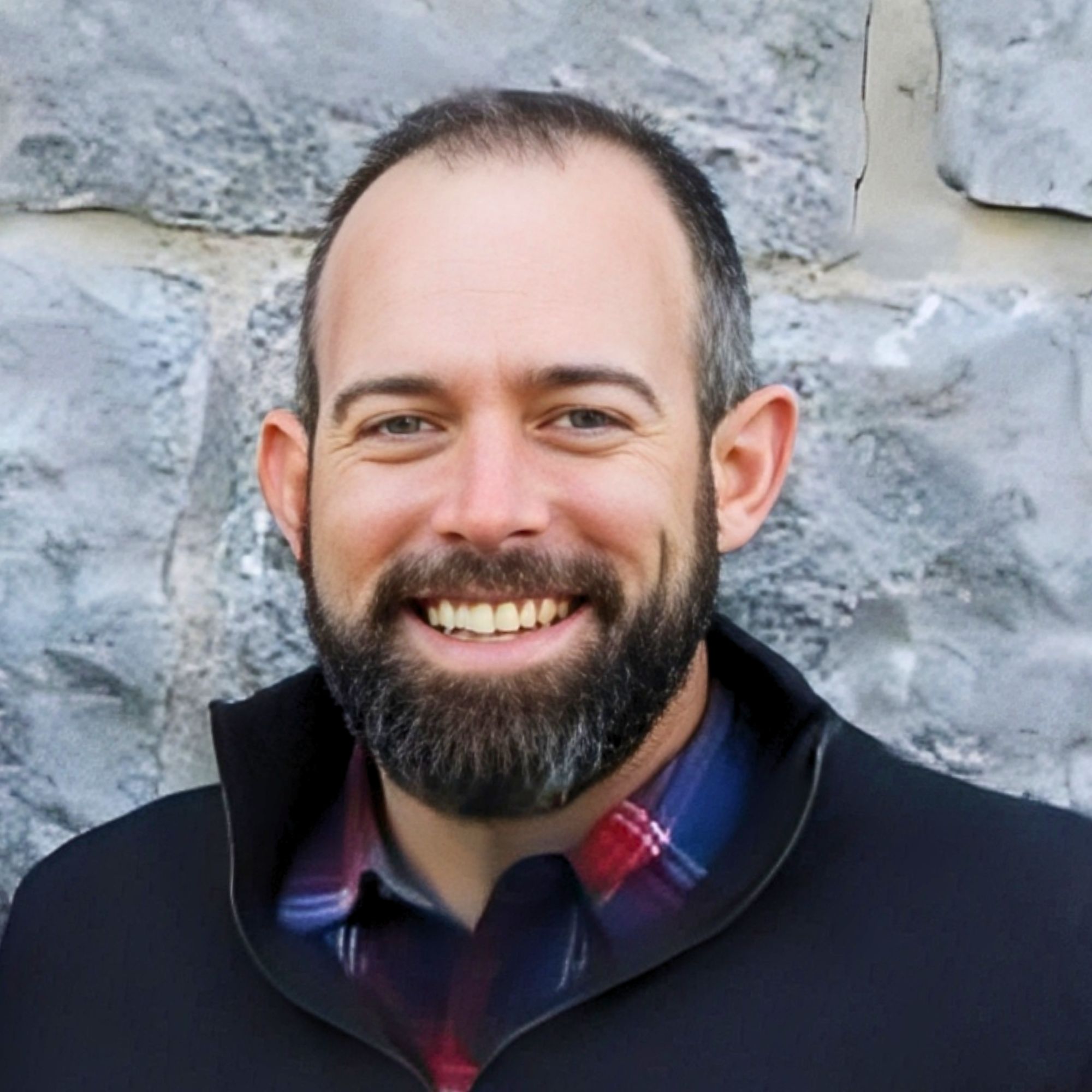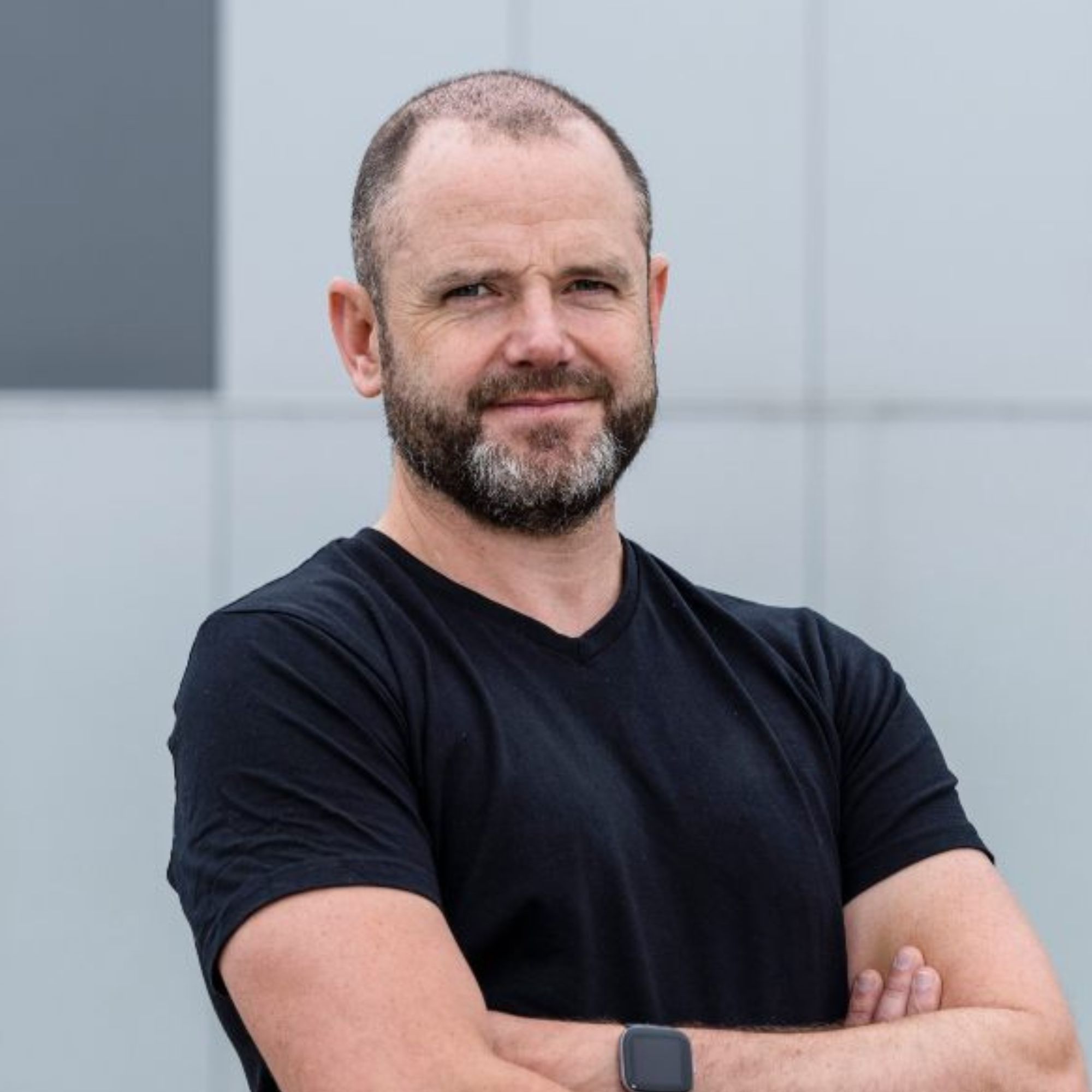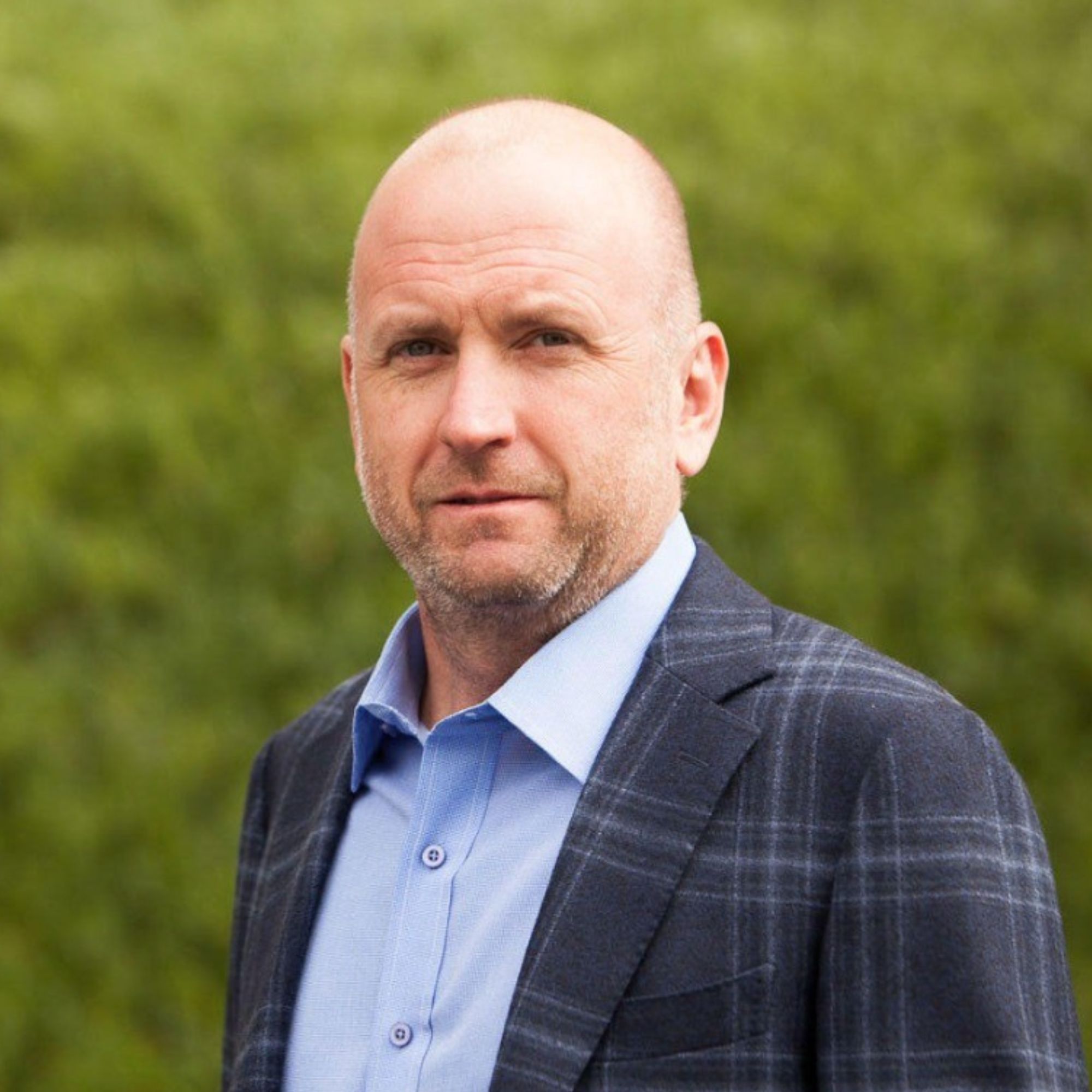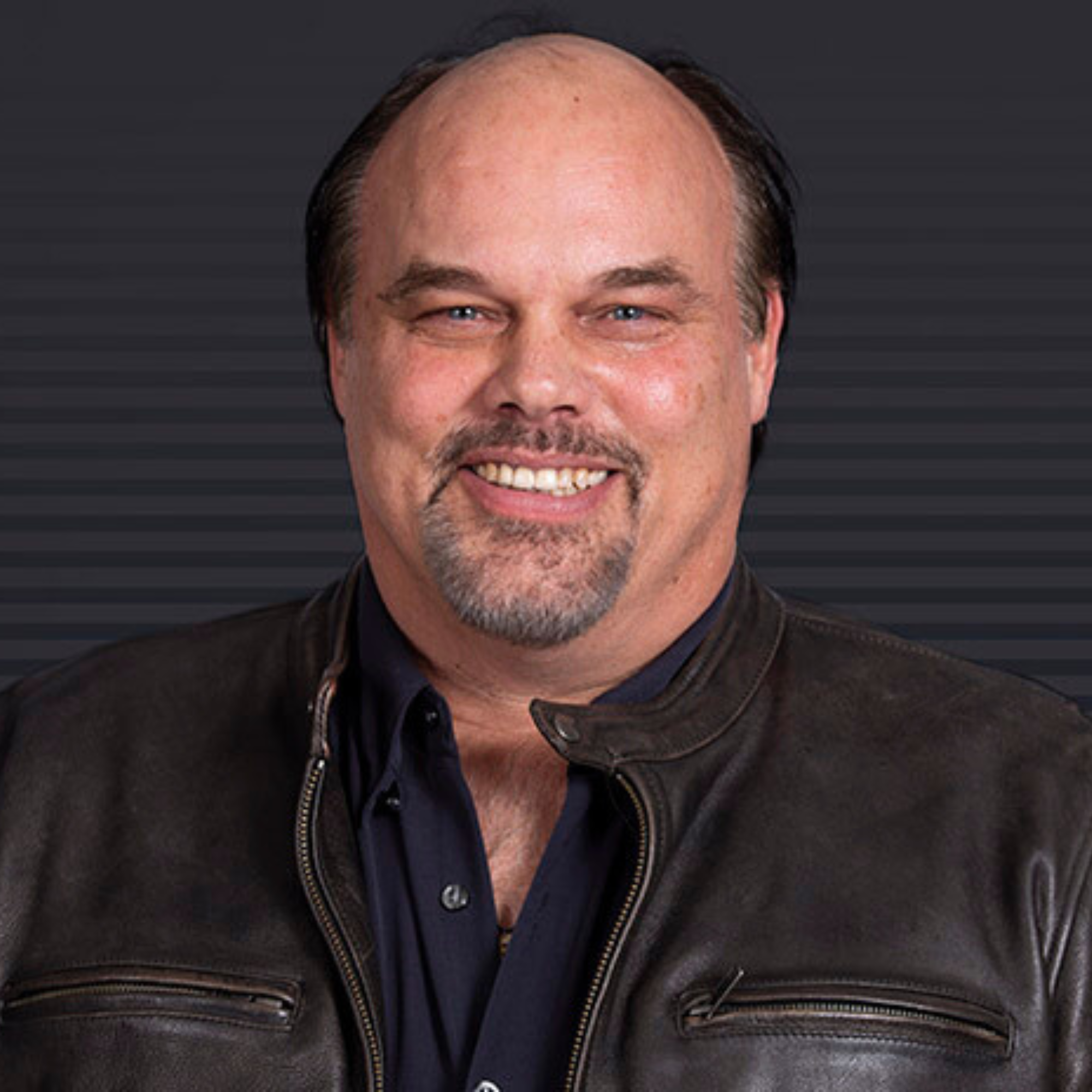Ready to build your own Founder-Led Growth engine? Book a Strategy Call
Frontlines.io | Where B2B Founders Talk GTM.
Strategic Communications Advisory For Visionary Founders
Actionable
Takeaways
Avoid Single-Channel Dependency in Your Marketing Stack:
When LinkedIn changed its algorithm in January, Rodriguez's team saw immediate performance drops in their paid campaigns. This highlighted the risk of building your entire marketing machine around platforms you don't control. Diversify across industry publications, influencers, and multiple touchpoints to insulate your pipeline from algorithm changes and platform volatility.
Use AI as an Integration Tool, Not a Creative Replacement:
Rodriguez pushes back against the "AI as silver bullet" mentality, arguing that using AI to generate core messaging just moves the bottleneck downstream - you become a "prompting engineer" instead of understanding your audience. Instead, use AI to amplify and distribute your authentic message across channels, track performance, and generate insights while keeping the creative strategy close to your heart.
Invest in High-Value Channels for Enterprise Decision Makers:
While industry publications are expensive (often $50-100K for major campaigns), Rodriguez argues the investment is justified when selling to billion-dollar companies. These publications have done the audience research and filtering work - you get organic access to executives who won't respond to LinkedIn messages or cold emails because they have teams managing their communications.
Build Industry-Specific Influencer Networks for B2B:
Rodriguez identifies "influencers" as former executives and plant managers who have deep industry networks and authentic credibility. These aren't social media personalities - they're people who've been "in the trenches," chair technical committees, and have peer relationships at target companies. Their recommendations carry weight because they're based on real operational experience, not marketing messaging.
Lead with Value, Not Feature Comparisons:
When creating a new category like "structural performance management," Rodriguez focuses on understanding specific pain points in operators' daily workflows rather than building feature comparison charts. The message becomes "I understand this piece of your day sucks, and I have a solution" rather than "we have 10 more checkboxes than the competition."
Structure Your First 30 Days Around Deep Learning, Not Quick Changes:
Rodriguez emphasizes spending the entire first month learning - the product, operations, target audience, sales process, and existing messaging. For deep tech especially, understanding the technical fundamentals enables better translation of complex concepts. This learning phase allows you to identify where you can add unique value rather than making changes for the sake of change.
Segment Buying Committee Outreach by Role and Channel Preference:
For high-value B2B sales involving multiple stakeholders, Rodriguez maps different personas to their preferred communication channels - executives through industry publications, procurement through LinkedIn, legal through email. This multi-channel approach acknowledges that complex B2B sales require reaching different decision makers where they naturally consume information.
Conversation
Highlights
In this episode of The Marketing Front Lines, we speak with Oz Rodriguez, Head of Product and Marketing at Akselos. Akselos is creating the “structural performance management” category in the oil and gas industry, using physics-based AI and real-time data to create digital twins of critical equipment. Their technology helps operators predict equipment failures, optimize performance, and extend asset life – enabling companies to fund the energy transition by maximizing value from existing infrastructure. Rodriguez shares how he’s building marketing programs around category creation, navigating algorithm changes on major platforms, and leveraging industry-specific publications and influencers to reach decision makers in a traditionally conservative industry.
Topics Discussed
- Building marketing programs for category creation in deep tech
- Navigating LinkedIn algorithm changes and platform dependency risks
- Leveraging industry-specific publications and B2B influencers
- The role of AI in marketing: integration vs replacement
- Marketing to buying committees in high-value B2B sales
- Translating complex technical concepts into accessible messaging
- First 30-day playbook for new marketing leadership roles



